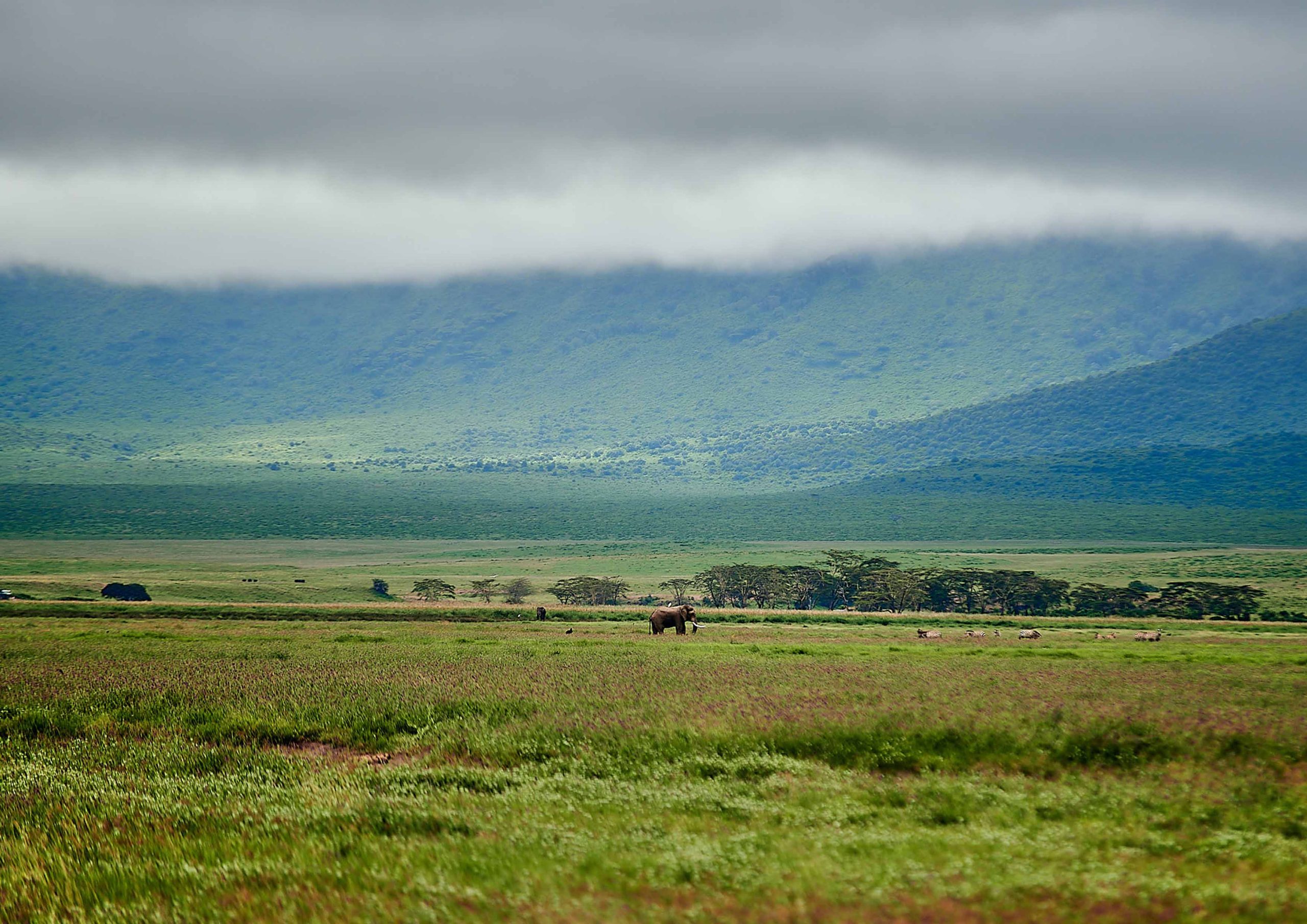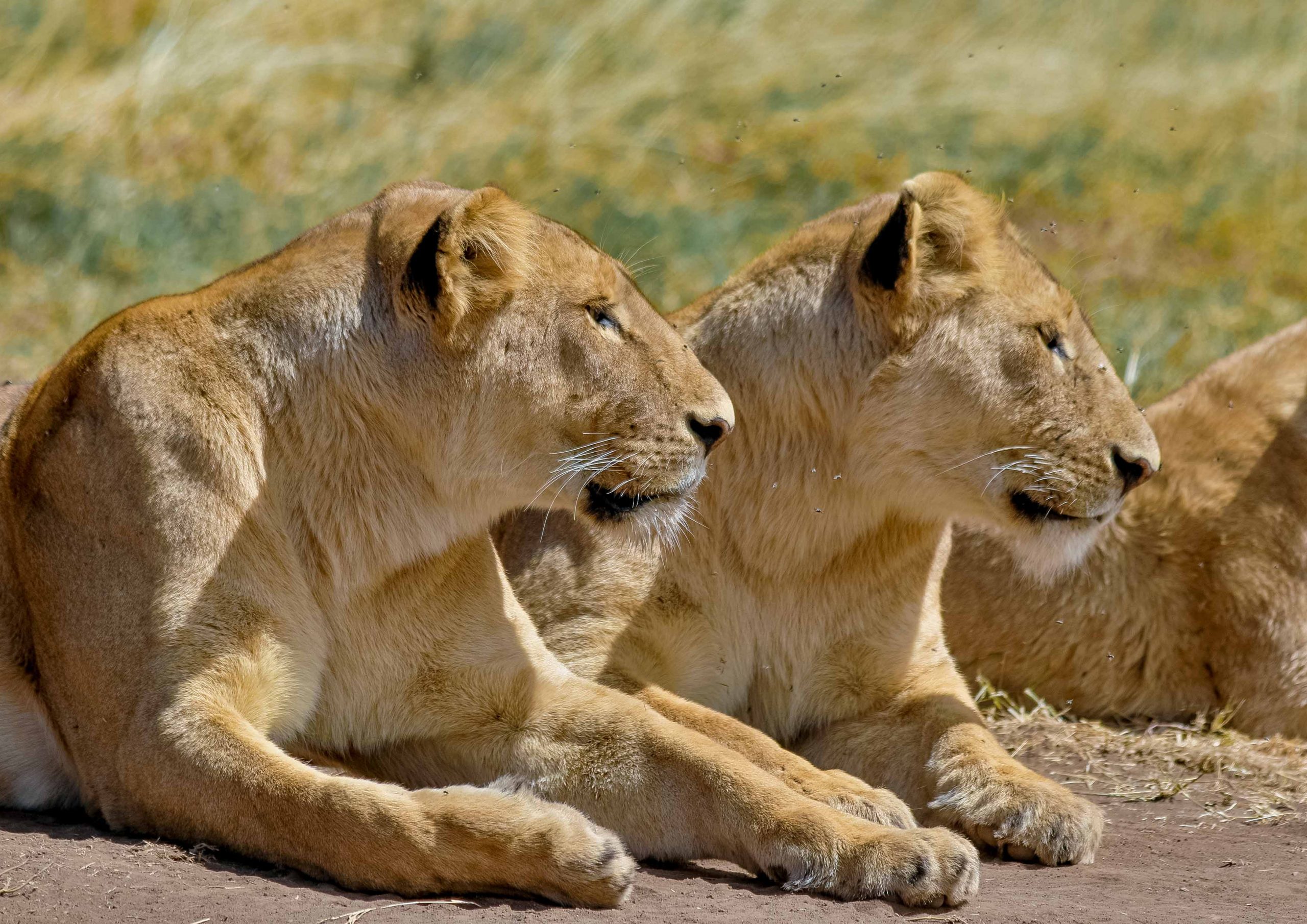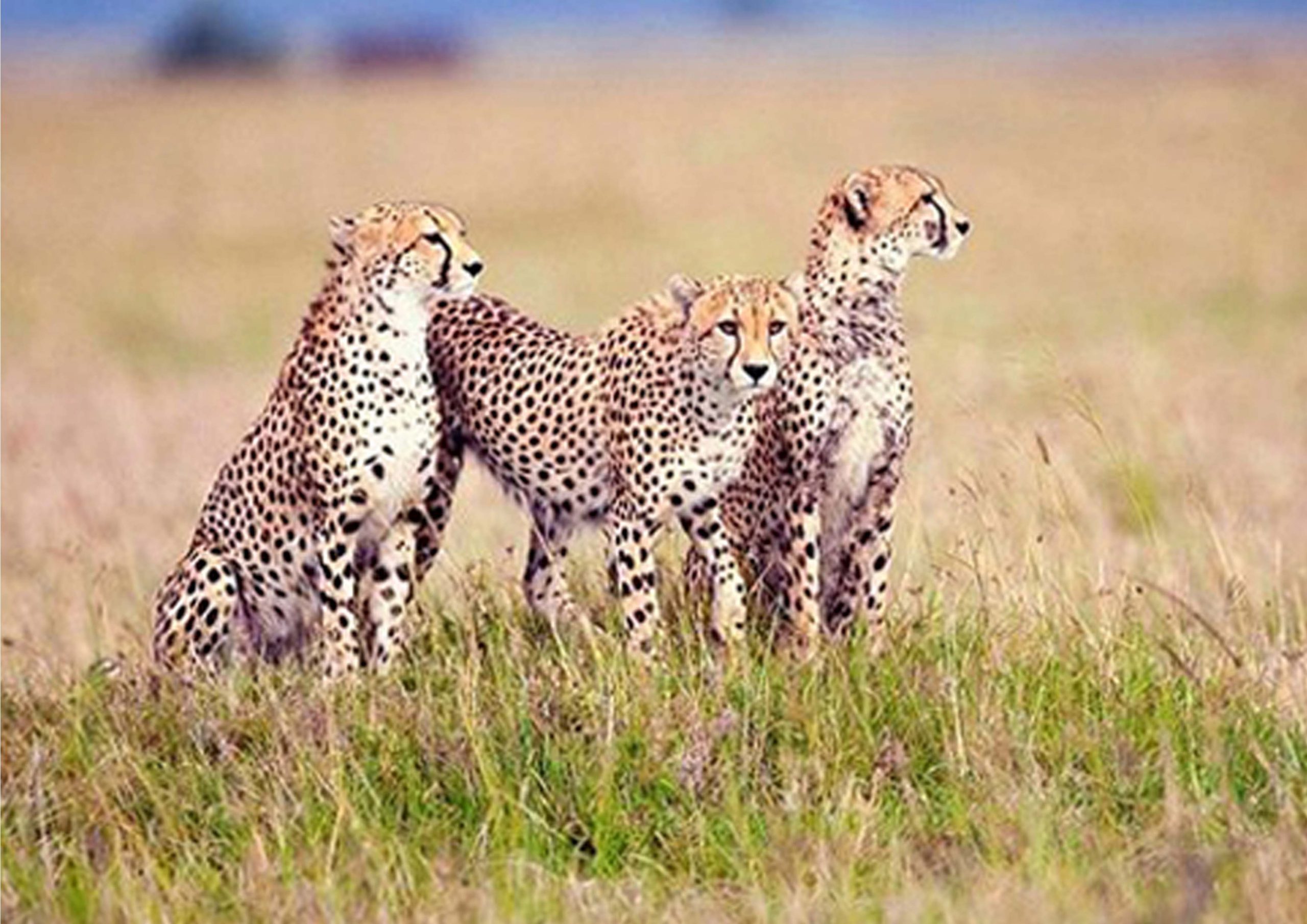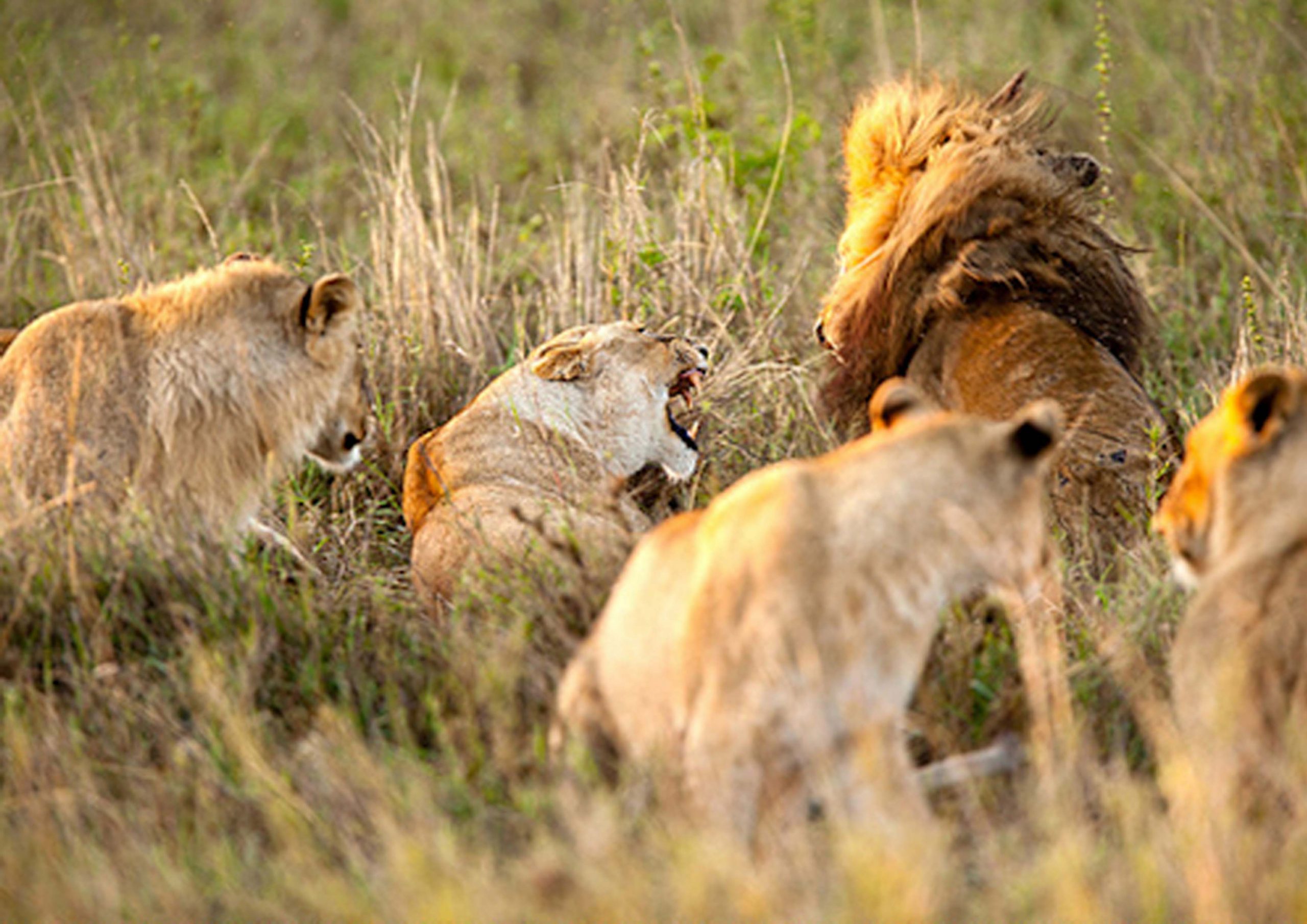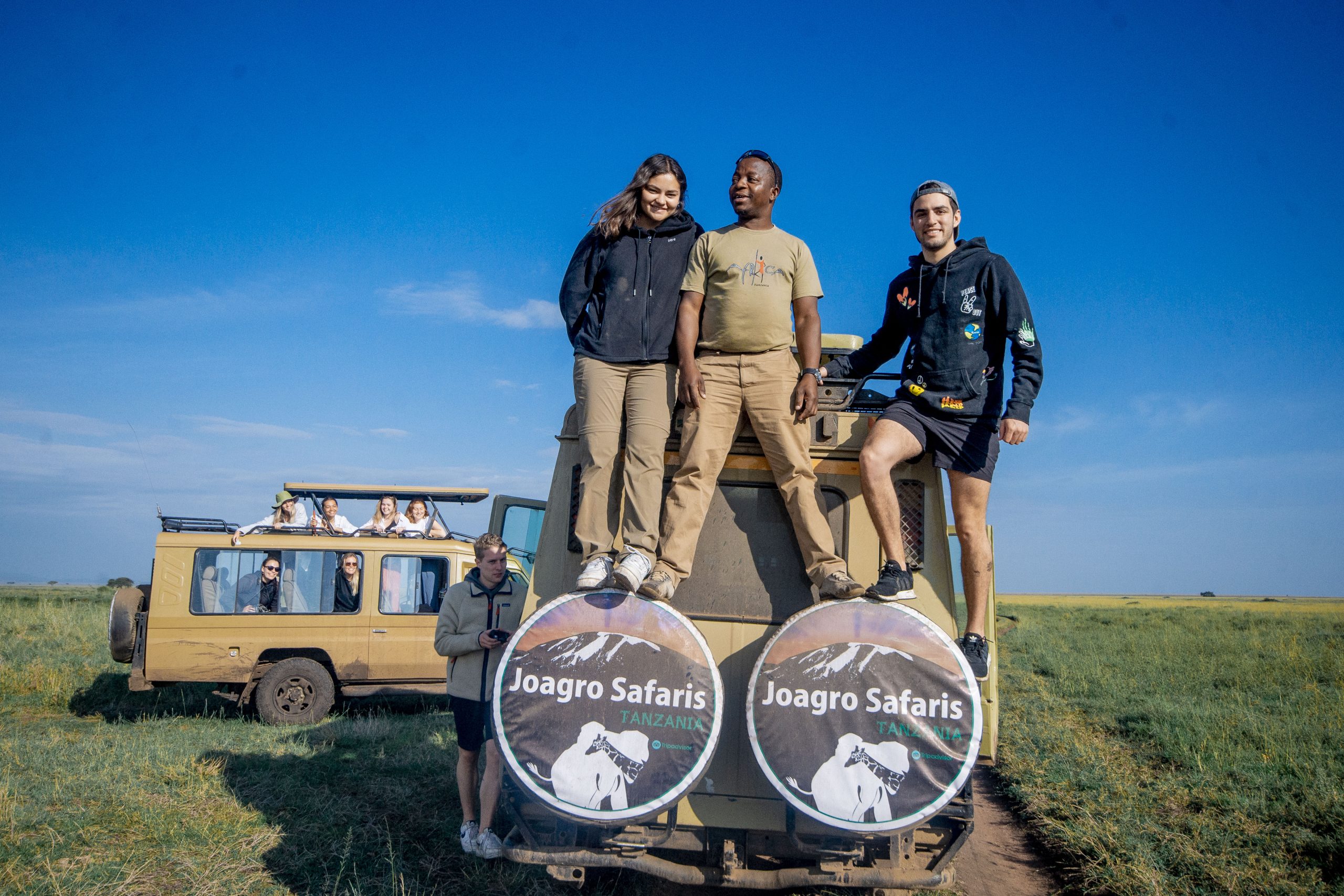A Tanzania safari is one of the most memorable moments one could experience in a lifetime, so when planning a trip, one needs to have a grip of some tips on giving tips.
A tip is simply a token of appreciation for some service received. Although it is not obligatory but voluntary, it is, to a certain degree anticipated as a custom. This safari etiquette, besides conveying some message of gratitude, also assists the local communities and can make a big difference to them.
Who to Tip?
A great safari is made possible by a team; some are in close contact with the guests while others operate behind the scenes. The team members can be categorized into two;
- Front-of-house staff: These are guides, trackers, drivers, waiters and spa therapists. Guests might spend more time with them and these are usually tipped separately.
- Back-of-house staff: Guests may not so much interact with these members of staff which comprises of cleaners, cooks, guards and other maintenance workers. These are normally tipped together as a group, usually by placing the tip in a tip jar or box.
Depending on some circumstances, a guest may put all the tip in the tip box or opt to tip individually.
Camps may have their own tipping policies and it is best for the guest to acquaint themselves with such policies.
How Much To Tip?
Safari Guides: These are critical people with whom guests spend most of their time, and the success of a safari largely depends on them. Guides ensure the guest’s safety and also provides the vital information.
As such, a group guide or private guide is normally tipped individually and the current amount is in the domain of 8-10 USD per guest each day.
It is worthwhile to note that in some instances, private guides tips can be between 15 and 20 USD.
Trackers: These accompany rangers on game drives and they help guests capture great wildlife photos; they know where and when to find what and which.
5 USD per guest per day is the suggested amount to tip trackers.
Safari Chefs: These are also important components of a safari as they ensure guest feeding needs are catered for.
Safari chefs’ tips are in the range of 5-10 USD per guest per day.
Drivers: These move the guest from one point to another and 3-5 USD per city transfer is their recommended tip.
General Staff: These are mostly behind the scenes staff and they are usually tipped 2 USD per day by each guest.
In certain instances, a tip of 8-10 USD per guest per day is given to the camp or lodge which will then equally distribute the amount among the staff.
When to Tip?
Normally, tipping is done at three main instances;
- After each activity
- At the end of each day
- At the end of the stay
It is advisable to tip just once, and at the end of stay at each safari lodge or camp.
Of course, certain factors may come into play when considering tipping and they could include;
- Personal budget of the guest
- Satisfaction levels from service received
- Personal expectations and perspectives
- Local culture and community norms
Guides may not expect a tip at the end of each activity and doing so may put undue pressure on them to do comparatively more for the guest who is regularly tipping; it would also disturb the relationship between the guide and the other guests. This also has the propensity of putting other guests in an awkward position if one is tipping frequently while they are not.
Caution should as well be taken to tip appropriately to avoid distorting the local economic and social balance. Over tipping may tip over the balance.
Staff hierarchies and expertise should be considered as well when tipping. When the lower ranks are tipped more than those above, the higher-ranking members could be demotivated. In some cases, this could also give rise to resentments and even strain working relationships.
Some travelers go out of their way and would equip themselves with some form of envelopes wherein they would put their tip, and perhaps with a small ‘Thank You’ note inside. The envelopes could then be addressed to an individual or team they wish to tip and given to them, their supervisor or placed in the tip box (jar) towards or at the end of the stay.
In summary, a tip is a gesture of gratitude and is greatly appreciated. It is not compulsory and there are no stringent guidelines on tipping, but guests must attempt to acquaint themselves with tipping policies of the camps or tour operators they opt to use. Tips make a difference in the local communities, nevertheless caution must be exercised so as not to disturb the social and economic balance of the community.






